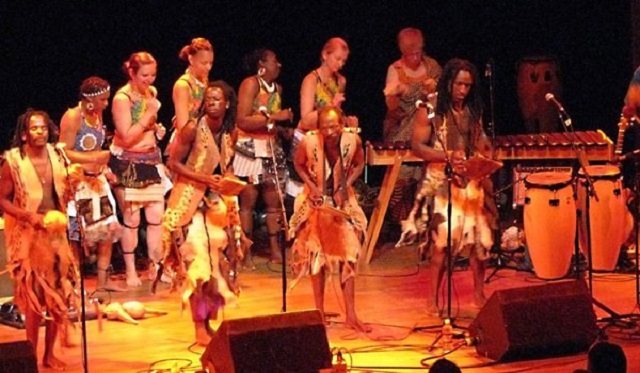
The Sunday News

ARTS FOCUS with Raisdon Baya
THERE is no doubt that festivals have become an important part of the arts scene. They are now major platforms for showcasing different art forms and arts products. Their rise in stature stems from their ability to bring people together, tell stories about a particular place, give opportunities for cultural participation for different communities and also offer visibility to partners.
Festivals are important to artists for employment and visibility. Festivals are important to corporates as they can use them for visibility, others prefer to throw in corporate social responsibility as part of their involvement with the festival. The city, as the place hosting a festival, has several benefits.
As more and more festivals come into the scene there is a serious need for each to find its unique voice and identity.
Either by discipline or something else. Festivals cannot be the same, otherwise they risk audience fatigue. Currently, festivals are just rotating the same acts/artists — from one festival to another. The reasons are simple. First the programming is not based on concepts/theme and finding the right content for the particular concept/theme.
Most of us are just programming what is there. And in a year you will find that what is there is the same. Secondly, festivals are not investing in creating new content — this could be because festivals themselves are struggling to find funding and therefore are doing the best they can with given resources. Fine and fair. Survival is important.
However, there must be a push towards commissioning content for particular festivals as this will create identity and give reasons for audience to keep coming. Audiences cannot be watching the same thing all year round. They need to see new, fresh and inspiring acts with each edition or each festival. One reason why the Harare International Festival of the Arts (HIFA) was very popular (we hope it returns soon) was its ability to bring a diverse body of new work from across the world. Even if some of the work was not completely new the team knew that it would be totally fresh for Zimbabwean audiences.
New content is critical, not just to help festivals survive but for identity and growth too. Programming should be based on content, not on names. This is usually the case. A good example of this is the kind of programming that happens at galas. (Galas are a kind of festival and celebration if you really look at it). If you watch one gala it’s as good as you have watched all galas. The focus is not on content but on artists and bringing as many people together as possible. But the truth is this kills creativity in the end.
Covid-19 has come and taught us to quit thinking of festivals as physical spaces and meetings. Covid-19 opened wide open the digital space and with it many possibilities. Most festivals and events have jumped and now occupy digital spaces. But again the truth of content, engaging content, comes in.
This is even worse on the digital spaces as there are many things, many content creators competing for attention. So when festivals look for content now they are not just looking for something to please a few people but whole world.
Again the issue of universality quickly comes into mind. It is now more important to have content that speaks to the world, than one’s community.
And so the question about identity boils down to programing. Right content. Right programming. And you have a winner. Food for thought.



